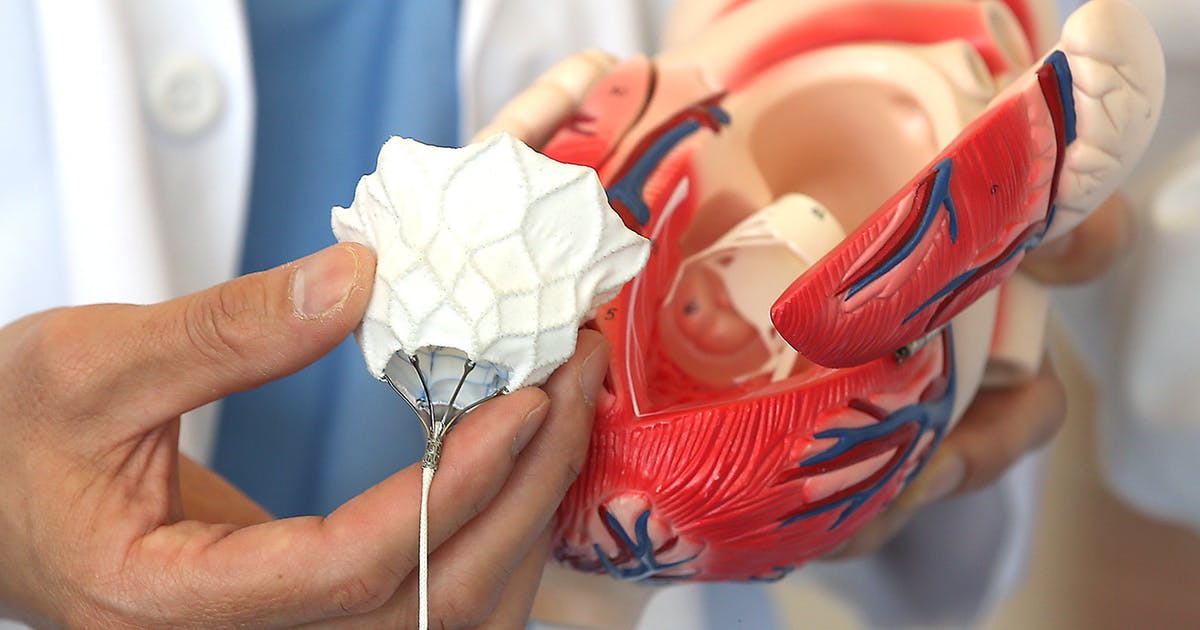Ways To Manage And Treat Heart Valve Disease
Heart valve problems are long-term or lifelong issues with the valves of the heart, and they may be present at birth or develop due to the natural aging process. The three major types of heart valve issues are atresia, regurgitation, and stenosis. Atresia refers to the complete absence of a particular heart valve, and regurgitation involves leaky valves that do not close properly. In stenosis, valves are hardened and cannot open properly to allow blood to pass through them. The heart has four valves: aortic, pulmonary, mitral, and tricuspid. Heart valve disorders can affect one or more valves. A diagnosis of heart valve disease begins with a medical history and a physical examination using a stethoscope. Extra tests such as electrocardiograms, echocardiograms, stress tests, MRI scans, and chest x-rays are needed for a complete diagnosis. Treatment is usually carried out by cardiologists. Cardiologists may recommend the lifestyle modifications and surgeries outlined below for their heart valve disease patients.
Heart Valve Repair

Heart valve repair is a surgical procedure that can be used to restore function in damaged valves, and doctors prefer to use this method instead of valve replacement if possible. Some types of heart valve disease cannot be treated with this surgery, but it is particularly effective for patients with regurgitation from the mitral or tricuspid valves. Some repairs can be done using minimally invasive approaches. For example, cardiac catheterization may be recommended in some cases, and an even less invasive procedure known as a balloon valvuloplasty may be appropriate for certain patients. Balloon valvuloplasty, also called balloon valvotomy, is generally most helpful for infants and children with stenosis. Patients are normally awake for catheterization and balloon procedures, and these operations require less recovery time than more invasive surgeries. However, patients may eventually need to have valve replacement operations.
Keep reading to learn more about treatment options.
Heart Valve Replacement

Heart valve replacement removes damaged valves and replaces them with either man-made or biological valves. Man-made valves are made of synthetic materials and usually last for a patient's lifetime without needing to be replaced. Patients who have man-made valves will need to use anticoagulants for life to prevent blood clots from forming on the new valve. Biological valves typically last ten to fifteen years and are often made of heart tissue from pigs or cows. Human heart tissue may also be used. Women who are athletes may wish to have biological valves to avoid the need for anticoagulants, and elderly patients may also want to use biological valves.
Heart valve replacement operations can be done using both traditional and newer surgical methods. If performed traditionally, a stay of five days in the hospital is usually needed, and recovery takes between six to eight weeks. Newer surgical methods use smaller incisions, which allow patients to spend between three and five days in the hospital, and recovery generally takes between two to four weeks. Newer methods are not suitable for all types of heart valve disease, and doctors will talk with patients about the most effective, safest procedure for their overall health and particular disease.
Keep reading for more on managing heart valve disease now.
Eating A Heart-Healthy Diet

Eating a heart-healthy diet is recommended for heart valve patients to avoid additional types of heart problems that can weaken the heart. Doctors hypothesize a healthy diet may help prevent the development of a type of heart valve disease known as aortic stenosis. Healthy eating can lower both blood pressure and cholesterol, and this reduces strain on the heart and the risk of a heart attack or stroke. Patients who are overweight can often lose weight by following a nutrition program, and this weight loss helps the heart work better with less effort. A heart-healthy diet consists of mostly plants. Fruits, vegetables, whole grains, legumes, and nuts are all healthy options for patients with valve diseases.
Doctors may recommend heart patients consider trying the DASH or Mediterranean diets, and a consultation with a nutritionist may help patients learn dietary methods for managing particular symptoms caused by their disease or the medications they take for it. In particular, heart valve disease patients need to limit salt in their diets and pay attention to how much vitamin K they consume. Doctors can provide individualized advice on recommended limits for these nutrients.
Reveal more methods of treating heart valve disease now.
Exercise And Maintaining A Healthy Weight

Exercise and maintaining a healthy weight can help strengthen the heart and improve quality of life for heart valve disease patients. Before beginning any exercise regimen or starting any new kind of exercise, patients should have a physical exam from their doctor to determine if they are healthy enough for exercise. Doctors can recommend specific exercises that will be suitable for the patient, and they may also recommend avoiding particular activities. For example, strength training is not recommended for patients with aortic stenosis. In general, light exercises such as gentle yoga, tai chi, bike riding, and walking are healthy fitness choices for these patients.
Patients should aim to exercise for at least 150 minutes per week. Patients may need to monitor their heart rates during exercise, and they should stop immediately if they experience chest pain. Doctors routinely use the body mass index method to determine a healthy weight range for patients. This calculation is based on a person's weight and height. A healthy body mass index is between 18.5 and 24.9. Measurements from twenty-five to twenty-nine are considered overweight, and those thirty and above are considered obese. To lose weight, patients should consult their doctors about specific diets that may be helpful. Nutrition consultations can help patients with meal planning, and support groups allow patients to meet others who are also trying to adopt a healthy lifestyle.
Get to know more about how to manage heart valve disease now.
Managing Stress

With frequent doctor's appointments, daily medications, and the potential need for surgery, patients with heart valve conditions often cope with large amounts of stress. Managing stress in a healthy way empowers patients and their families to live their best lives. Mental health conditions such as anxiety and depression are not uncommon in heart valve disease patients, and they should always talk with their doctors about any stress or other concerns they are facing. To learn healthy coping mechanisms and ways to reduce stress, patients may wish to read self-help books or online psychological resources. If these do not help with alleviating stress, patients should seek professional help through group or individual sessions with a psychologist or psychiatrist. These professionals are trained to help patients cope with a variety of life situations. At home, it is important that patients allow themselves time to enjoy their favorite hobbies or other pleasant activities such as reading, watching television, listening to music, or spending time with loved ones.